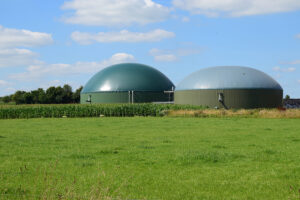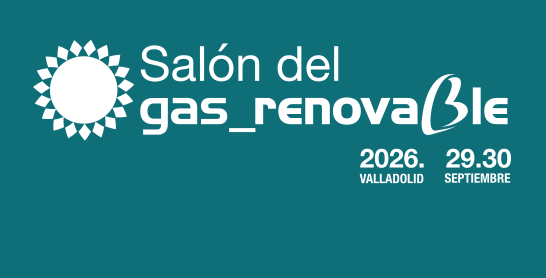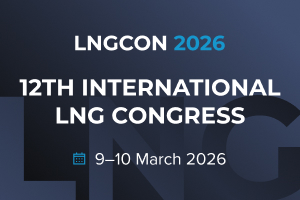New Zealand's North Island energy distributor Powerco has completed two feasibility studies confirming the technical viability of upgrading biogas to biomethane for injection into its gas network.
The investigations, launched in April last year, were conducted in partnership with Manawatū District Council (MDC) at the Manawatū Wastewater Treatment Plant and the wider Manawatū Resource Recovery Park, and separately with Midwest Disposals at the Bonny Glen landfill site.
Both assessments concluded that producing biomethane at the respective locations is technically feasible.
As a result, Powerco is now progressing to Front End Engineering Design (FEED) with MDC, while continuing to explore options with Midwest Disposals.
The initiative is part of Powerco’s wider strategy to decarbonise its energy supply by developing biomethane.
Promising results in Manawatū
The Manawatū project has emerged as the more advanced of the two, with both technical and financial feasibility now confirmed. FEED work is now under way to refine project design and investment parameters.
“We’re now moving into Front End Engineering Design,” said David Hendry, Powerco’s Head of Renewable Gas. “That means we’ll start the design and detailed commercials of the plant that would upgrade the biogas produced on site to biomethane, as well as the reticulation to connect it to our gas network.”
The final investment decision is expected by the end of Powerco’s current financial year.
Meanwhile, MDC continues work on the Feilding Trade Waste Separation System, which will divert industrial waste away from domestic wastewater, improving feedstock quality.
However, Hendry noted that securing sufficient volumes of organic waste remains the project’s key challenge.
“Getting enough organic feedstock from across the Lower North Island via long-term contracts is key to making this viable,” he said. “We’re actively seeking partners and encourage those interested to get in touch.”
Further evaluation required at Bonny Glen
At the Bonny Glen landfill, the feasibility assessment confirmed technical viability, but logistical and commercial challenges remain.
“The Bonny Glen site is remote, so capital and logistical requirements for transporting biomethane need careful consideration,” Hendry explained. “There’s also the issue of variable landfill gas generation, which depends on waste composition and volume.”
As such, further analysis is needed before a decision on progressing to FEED can be made.
‘An important step’
Hendry said the feasibility work marks a significant milestone in Powerco’s biomethane journey.
“Biomethane is already a reality in places like Denmark, and the technology is proven,” he said. “We’ve got the right feedstock here in Aotearoa New Zealand. These assessments taught us a lot about how we’d do it—and while there’s still a way to go, this is an important step.”
Powerco progresses biomethane plans in New Zealand following feasibility success



















